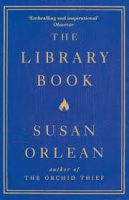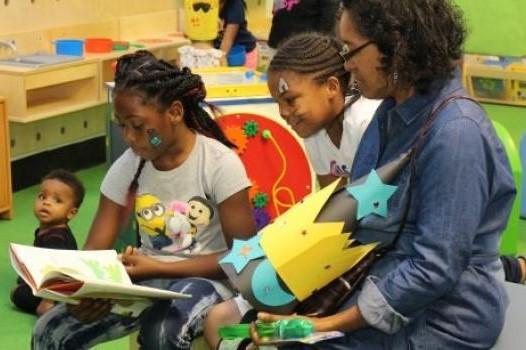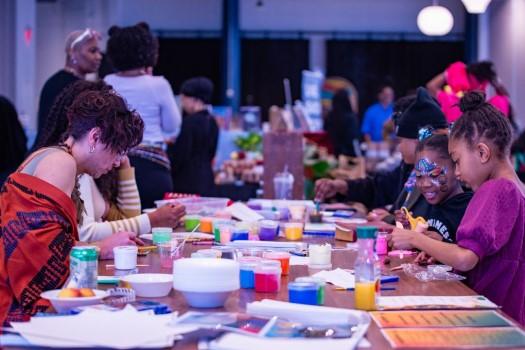 Melissa H. reviews THE LIBRARY BOOK by Susan Orlean, Simon and Schuster, 2018, 317 pages.
Melissa H. reviews THE LIBRARY BOOK by Susan Orlean, Simon and Schuster, 2018, 317 pages.
“The library is a gathering pool of narratives and of the people who come to find them. It is where we can glimpse immortality; in the library, we can live forever.”
The first time I heard about this book was when I was working at Cordova’s reference desk, and a customer asked if I could help her find the “library book.” With an inner “oh dear where are we going with this,” I told her “Of course, but which library book are we looking for?” She responded with “No, no, THE Library Book, like that’s the name of it.” We both giggled as I looked it up in the catalog. This is a fond memory from one of my first months as a librarian. Fast forward about a year, and I’m reading it for myself!
The Library Book is half history of the Los Angeles Public Library as a whole, and half history of the famous 1986 fire that destroyed much of it. I loved the first half of the book, reading about the trailblazing librarians who knew over a hundred years ago that libraries are so much more than books. Mixed in with these chapters were stories of the state of the library today and building up to the key players in the 1986 fire. This is truly where the book shines; it’s a page turner that needs no fictional embellishment.
About halfway through the book I feel it lost steam, or maybe I lost steam in reading it. It began to focus a bit too much on buildings, architecture, and restoration. While I know those things are a huge part of a library’s presence in their community, I personally got a little bored since it was so specific to that one library instead of a representation of the direction all libraries have moved through history. If I had ever been to the Los Angeles Library, or even the city of Los Angeles for that matter, I would have maybe had a larger connection to this part of the book.
Orlean picked it back up in the end though when she discusses how libraries are changing with their environments and adapting to the future. It was refreshing to see that the things we try to do locally are happening all over the world and are being recognized by more than just librarians.
Overall, this was an entertaining read for lovers of librarians and history.






